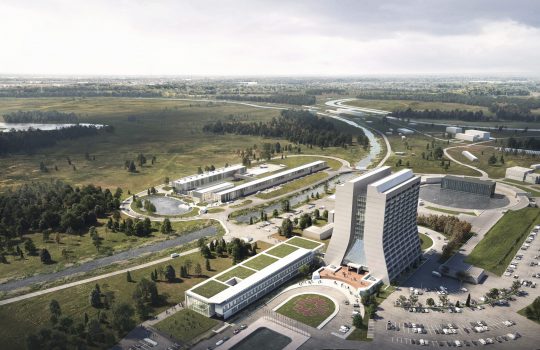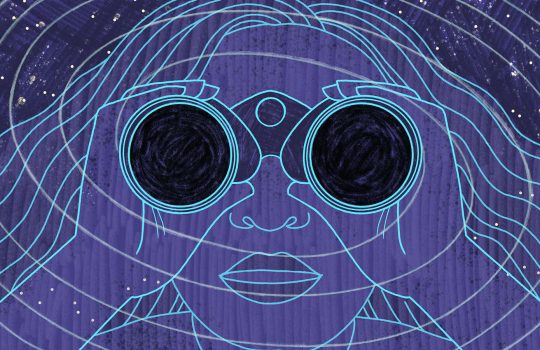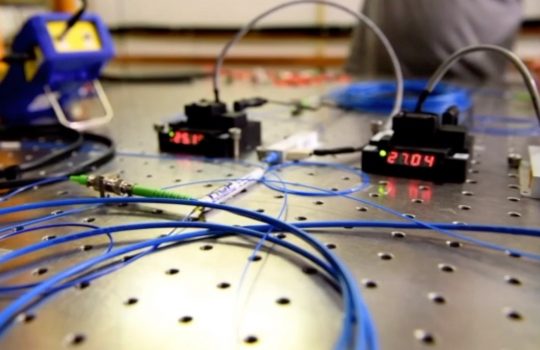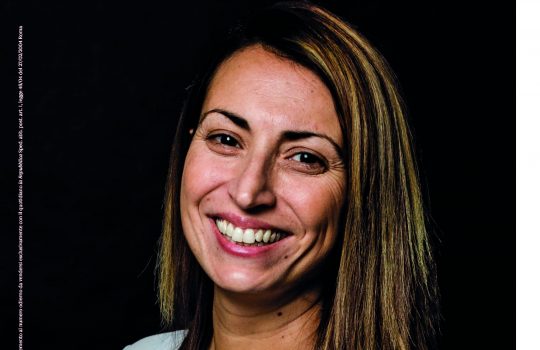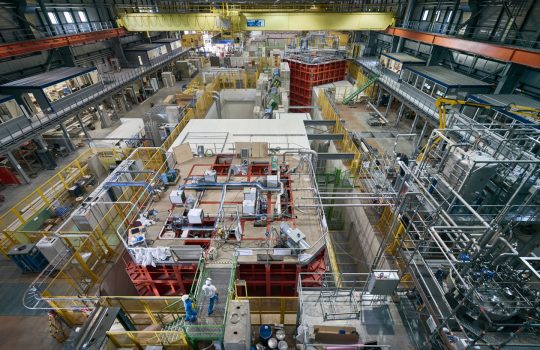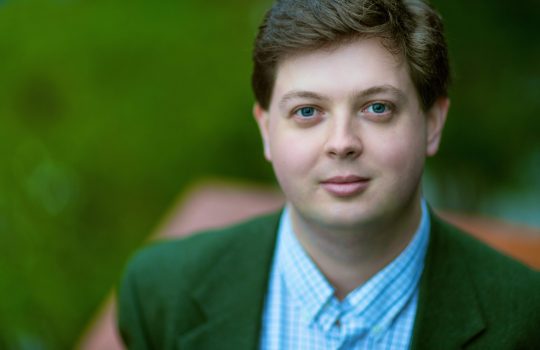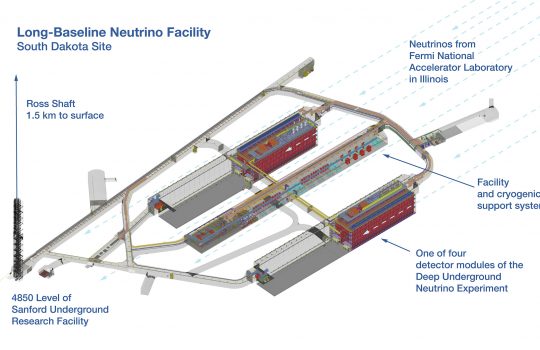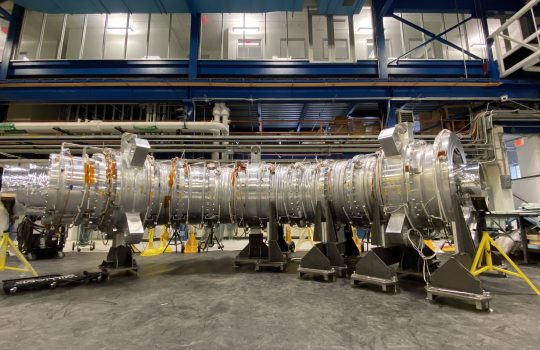Major upgrade to Fermilab accelerator complex gets green light
The U.S. Department of Energy has formally approved the scope, schedule and cost of the PIP-II project at Fermilab. The PIP-II accelerator will become the heart of Fermilab’s upgraded accelerator complex, delivering more powerful proton beams to the lab’s experiments and enabling deeper probes of the fundamental constituents of the universe.

